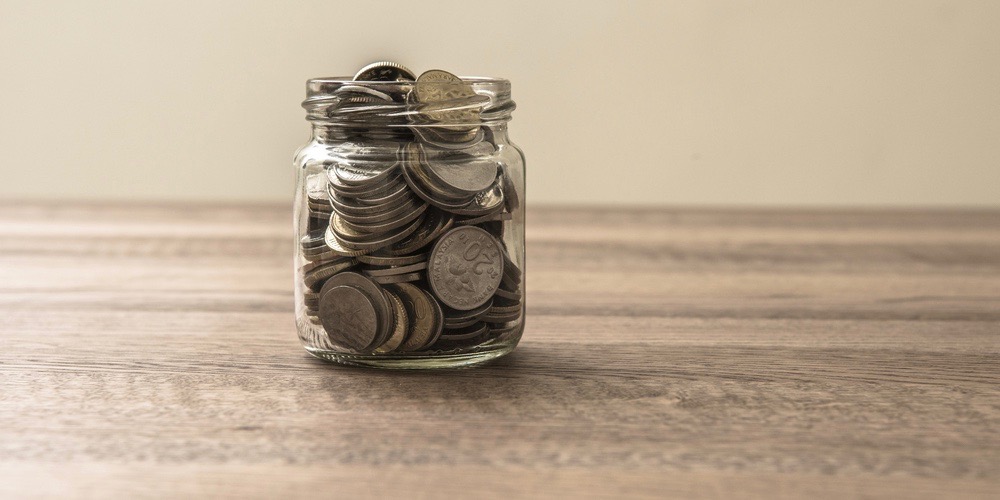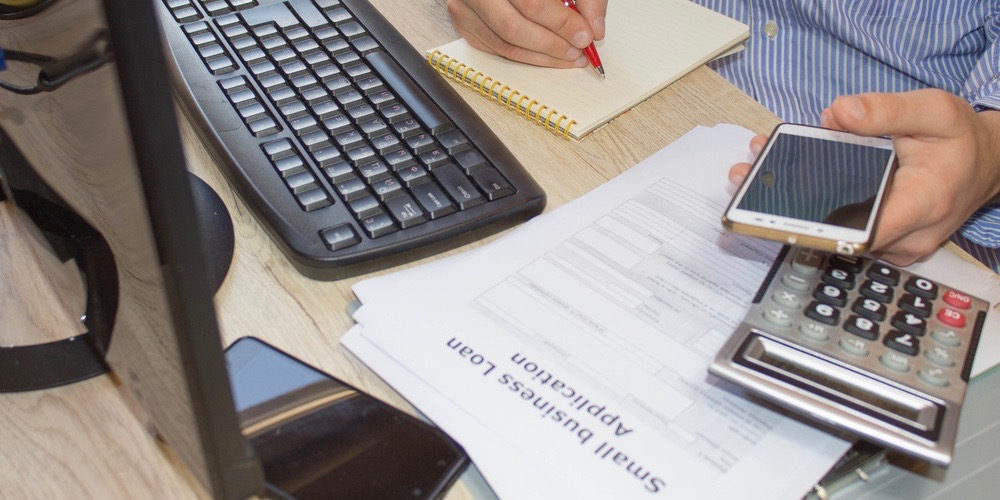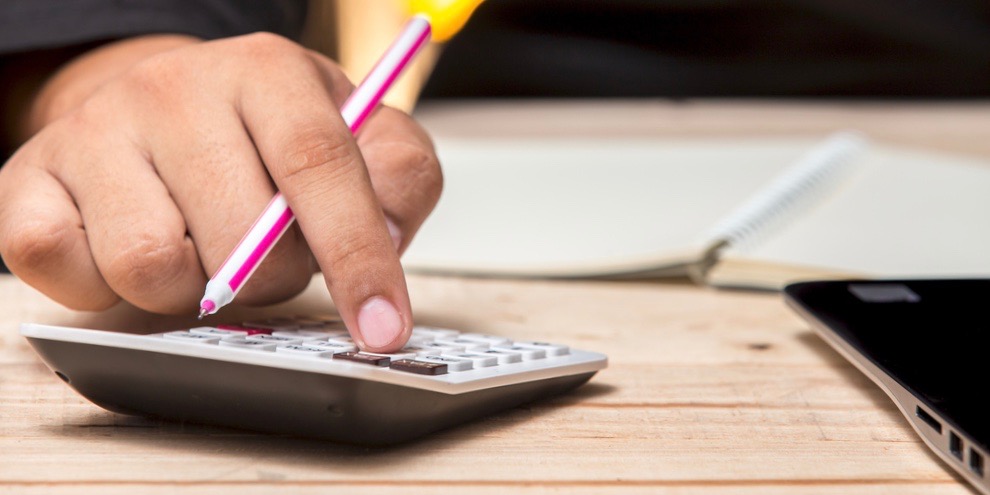Small Business Administration loans are some of the most complicated loan products out there for small business owners—but they’re great if you can qualify.
Although there is more paperwork involved than with a traditional loan, lower interest rates and longer loan terms make SBA loans worth the hassle.
As you prep for the process of applying for an SBA loan—of which there can be many steps—you might also be wondering if SBA loans require a personal guarantee. And if so, what might an SBA loan personal guarantee look like?
This answers are a little bit more complicated than a simple yes or no. So let’s break it down, shall we?
Do business owners need a personal guarantee for an SBA loan?
To better understand an SBA loan personal guarantee, it’s important to understand how SBA loans work in the first place.
How do SBA loans work?
Before we answer whether or not you need a personal guarantee for an SBA loan. Let’s explain how an SBA loan works.
To start, the Small Business Administration is “an independent agency of the federal government to aid, counsel, assist, and protect the interests of small business concerns, to preserve free competitive enterprise and to maintain and strengthen the overall economy of our nation.”
As you might already know, the Small Business Administration does not administer loans themselves.
Rather, SBA loans are a government program in which the SBA guarantees a portion of a small business’s loan on behalf of the borrower.
This means that if a small business with an SBA-guaranteed loan can’t pay back their loan, the SBA will be responsible for a set portion of that loan.
This makes lending to small businesses much less risky for the lender, since they know that the government will be able to pay them back, even if the borrower can’t.
In order to procure an SBA-guaranteed loan, you’ll have to apply through an SBA preferred lender, usually a bank.
So…
Is an SBA loan personal guarantee required?
Technically, it depends on the lender you work with and the qualifications a business has for the loan it applies for.
SBA loans are subject to the approval processes of both the bank you work with and the SBA guidelines.
So, if your lender requires a personal guarantee for an SBA loan, then your SBA loan requires a personal guarantee.
Here’s what the SBA has to say about personal guarantees, officially:
“When a loan guaranty is approved, we expect all available company assets to be offered as collateral. If company assets are insufficient to fully secure the loan, liens on personal assets may be required. Often, this means a lien on residential real estate.
Wait … what is an “SBA loan personal guarantee,” exactly?
A personal guarantee is simply an agreement a business owner signs agreeing to use their personal assets to pay back the loan in the event the business can’t pay back the loan itself.
It’s sort of like the business owner becomes a personal “co-signer” of the loan.
This agreement is binding even if the business is incorporated or a limited liability company (LLC).
Let’s say your business fails and cannot pay its bills. Then your personal guarantee will then be sought out by the lender, plus any legal fees accrued by the lender in pursuit of the guarantee.
For example, if you default on your loan for any reason, your lender can hire lawyers to gain a judgment in their favor.
So, if you still owe $25,000 and your lender spends $5,000 in legal fees, you will then owe $30,000, which can be legally taken from any part of your finances in order to make good on the loan.
Depending on the personal agreement you sign, the lender can then go after your house, your car, your life savings, retirement, your kid’s college fund, and any other assets they can find to cover the cost of the loan and legal fees.
Usually, the collateral or guarantee amount is decided upon beforehand. We’ll get back to that in a minute.
Why might a lender require a personal guarantee for an SBA loan?
It may seem like overkill—isn’t a guarantee from the SBA enough?
While an SBA guarantee does decrease the risk for the lender, the SBA only guarantees a portion of the loan.
Under the 7(a) guaranteed loan program, the SBA typically guarantees from 50% to 85% of an eligible bank loan, up to $3,750,000.
For example, the maximum loan amount for an SBA-guaranteed loan is $5 million. But the SBA will only guarantee up to $3.75 million, or 75% of the loan.
The percentage of the loan the SBA guarantees varies with each loan and lender, and also depends on the applicant’s qualifications.
With that in mind, the lender will likely—if not, definitely—want to have the remainder of the SBA loan guaranteed by the business and, failing that, the personal assets of the business owner.
Ideally, the bank wants business owners to have a financial stake in the success of the business and they want business owners to understand that they can’t just walk away from the debt if the business fails—leaving the bank hanging.
What if a business has more than one business owner?
According to SBA standards, anyone with a 20% or greater stake in the business should be part of the guaranteeing process.
This will help define each stakeholder’s personal debt responsibility should the company default on a business loan.
How much will a stakeholder be required to pledge?
Again, it depends on the loan amount, how much the of the loan is already guaranteed by the SBA, and how many stakeholders are involved in the loan application process.
Regardless of how those numbers shake out, the bank is going to want to have the full amount of the loan guaranteed one way or another.
What if a stakeholder has no personal assets to pledge?
If you or a major stakeholder in your business don’t have the personal assets to pledge toward a loan guarantee, it may be difficult but not impossible to secure the loan.
According to the SBA, “if adequate collateral simply is not available, this fact alone will not cause SBA to decline an otherwise qualified loan.”
Does my business status protect me from personal guarantee requirements?
This is exactly why it’s important to fully understand what you’re signing.
In most cases, a corporation or limited liability company protects individuals from business failings—including a business’s bad credit score or even a business bankruptcy.
However, if you sign a personal guarantee agreement with your lender, this all goes to the wayside.
Your will be responsible for fulfilling personal guarantee agreements should the bank activate them in the event your business fails—if you have signed a personal guarantee as part of your business loan.
So where does that leave you, the business owner? What might an SBA loan personal guarantee look like?
Different Types of Personal Guarantees
Depending on your lender, there are different types of personal guarantee agreements available to you.
It’s extremely important to understand what type of personal guarantee you are signing into.
Signing a personal guarantee without understanding the terms could put your financial future at risk in ways you never thought possible.
Of course, no one applies for a business loan thinking that they might not be able to pay it back. However, the reality is that most businesses do not succeed. You can never predict what might happen.
So, before you sign that dotted line, let’s take a look at the most common types of personal guarantees you might encounter in your business loan agreement.
- Unlimited personal guarantees: When you sign an unlimited personal guarantee, you are agreeing to let the lender recover 100% of the portion of the loan that the SBA does not guarantee, plus any legal fees associated with the loan, in any way they see fit.
These guarantees are called “unlimited” for a reason. They essentially offer you zero financial protection if your business isn’t as successful as planned.
- Limited personal guarantees: On the other hand, limited personal guarantees set a dollar limit or agreed collateral value on what can be collected from your personal assets in the event that your business defaults on its loan.
You still need to watch what type of limited guarantees you sign, however, especially if you are signing personal guarantees with multiple business owners.
- Several guarantee: With a several guarantee, each party has a preset percent of liability. Each stakeholder will know from the beginning the maximum they might owe if the business defaults.
This amount will be a fixed percentage of the loan—usually proportionate to the person’s stake in the company—and cannot be altered.
- Joint and several guarantee: This option differs from a “several guarantee” in that each stakeholder is potentially liable to pay the entire guarantee amount in the event the other stakeholders can’t pay their portion.
This means that if your business defaults on its loan payments and then your business partner disappears or doesn’t have sufficient personal assets to cover their portion of the loan, your lender can come after not only your stake in the guarantee but also whatever portion remains unpaid from your partners.
***
To answer the original question: Yes, you might be required to sign a personal guarantee for an SBA loan.
Giving a personal guarantee is just a part of the process for many small business owners. But it’s important to understand the risk you may be incurring as a result.
Work with your lender to negotiate an agreement that limits or even eliminates your personal risk.
Before you agree to anything, make sure you fully understand the terms of your guarantee and what you can do to protect yourself by consulting with an attorney or business lending specialist.
The post Do SBA Loans Require a Personal Guarantee? appeared first on Fundera Ledger.
from Fundera Ledger https://www.fundera.com/blog/sba-loan-personal-guarantee-2



Apply small business Loan in the USA - Biz Loan Bankers is one of the most trusted and leading marketplace lending company.
ReplyDelete